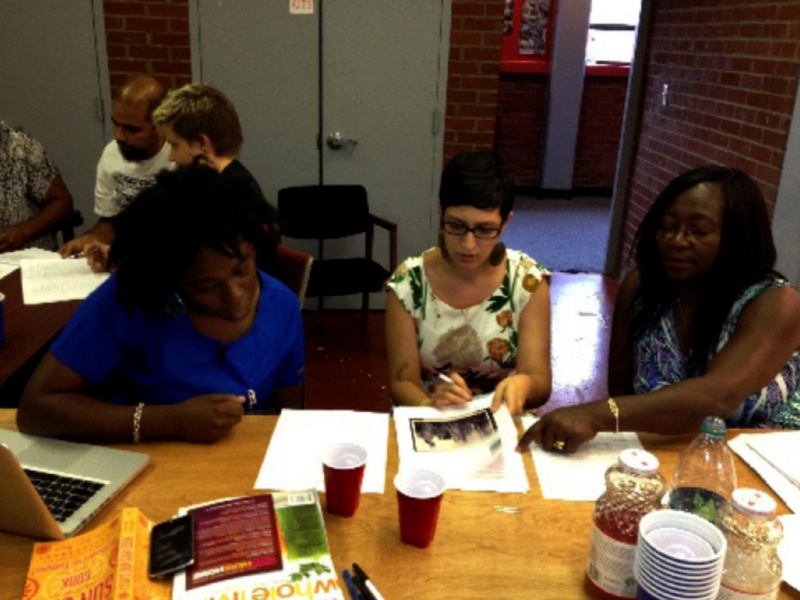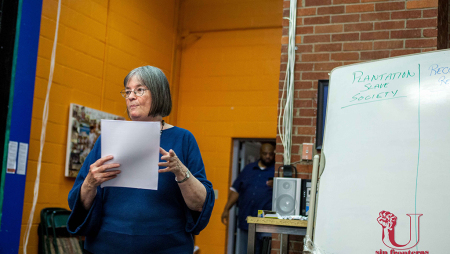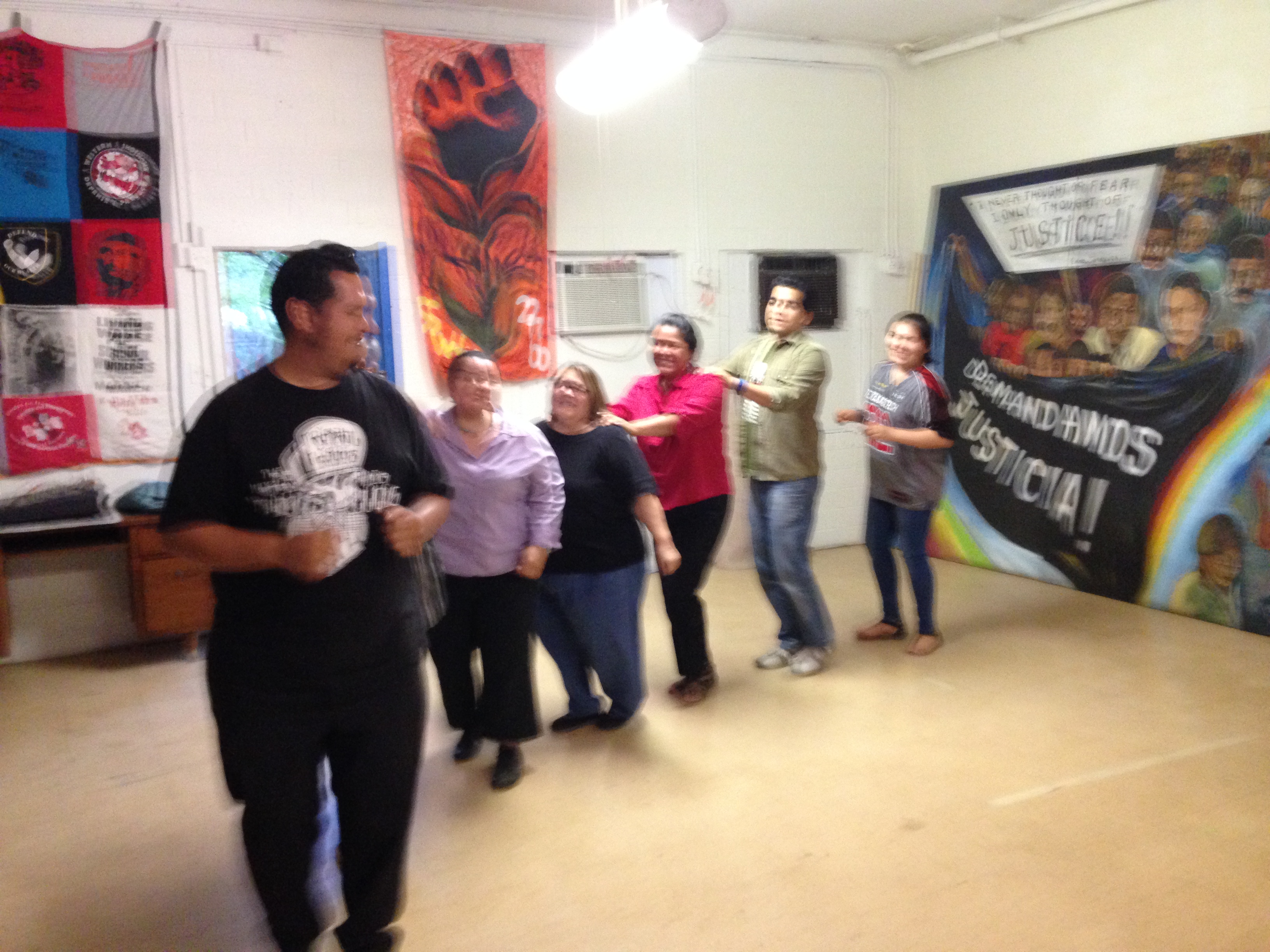(VI) Emancipatory Education
The strategy of focusing on the personal stories of individuals, whether in the past or today, is not a trivial approach since it reveals the extent of personal conflicts and failings in the lives of people too often portrayed as perfect heroes. We need to see ourselves in the lives of the people we study. Including biographical information about more than one leader for each movement can help demystify activism and leadership by showing that a movement’s success relies not on the existence of a solitary, heroic leader who seems capable of more than any of us could do but on the determination, contributions, and cooperation of many ordinary human beings.
A social justice orientation to learning often reveals more complexities to the history than are usually recognized, particularly how many people were involved in specific developments. A group process can be difficult, requiring a clear purpose and sensitive facilitators. We have a number of methods to counter our lack of knowledge about the past–including oral history (only for the recent past), family stories, field studies, analysis of documents–but we have to accept the reality that we cannot know everything. It is important to think about the most useful questions, even if we cannot find documented answers for them.
Read More:
Class 6 Report – Jenice View (613KB PDF)
Class 6 Notes – Key Points (75KB PDF)



